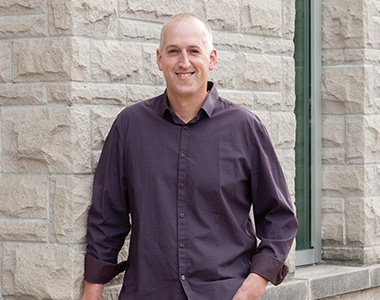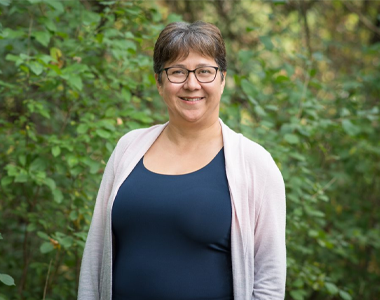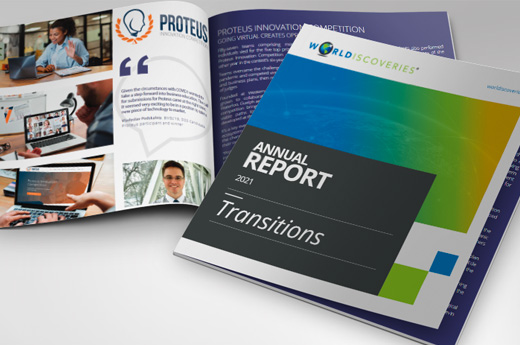Ultraviolet (UV) curing is the process by which ultraviolet light is used to initiate a photochemical reaction that generates a crosslinked network of polymers, such as synthetic organic materials used as plastics and resins. These plastics or resins can be used to create protective coatings with varying useful properties to cover materials ranging from medical equipment to automotive parts. Some UV cured coatings can be antibacterial for example.
Currently, coating, bonding, and printing are the most prominent applications in which UV curing technologies are used. The healthcare, printing and automotive sectors use these technologies the most but the solar industry, with its explosive growth is also looking at using UV curing systems. UV-curing has already been adopted by major companies like 3M, Bayer, and Dupont for its energy efficient, clean, and cheap processing capabilities.
A team of researchers led Paul Ragogna, a Chemistry Professor at Western’s Faculty of Science has developed a new method for coating any surface in a quick, easy, and cheap way with polymerizable phosphonium salt chemistry. Conventional UV curing methods use solvents and large heating ovens, which consume a lot of energy and floor space, while taking longer to produce product. Ragonga’s method is solvent-free and operates with much less floor space making it highly scalable. This technique is excellent for the deposition of thin layers of any desired anion on a surface, on large scale. The organic solar cell industry, which is expected to double in size over the next decade could benefit from this technology as they scale up their industrial processes to meet demand.
The technology holds several patents in Canada and the United States. It was recently licensed to a startup company, Common Knowledge Ltd., based in Israel that will explore the methods use on an industrial scale. The startup was founded by Ryan Guterman, PhD’15, and is a co-inventor of the technology.
Read more


